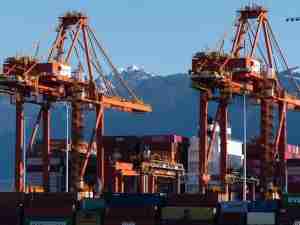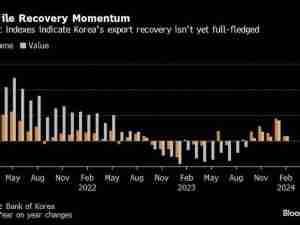Malaysia plans to halt all expansion of oil palm plantations this year as it seeks to dispel the oil’s reputation of being linked to deforestation.
The world’s second-largest producer will cap the area at around 6 million hectares, Minister of Primary Industries Teresa Kok said in an interview Friday. That’s from 5.85 million hectares at the end of last year, which will give some leeway to growers who are in the midst of replanting or who have already bought land, she said.
The proposal, which will be put to the cabinet for discussion by March, will require commitment and cooperation from state governments as certain land issues are under their jurisdiction, Kok said at her office in Putrajaya. Malaysia will focus on boosting productivity and yields of existing palm trees, she said.
The move comes as palm oil producers intensify their fight against simmering anti-palm oil sentiment and allegations that the crop destroys tropical rainforests that are home to endangered animals such as the orangutans.
The European Union Commission last month submitted a delegated act that classifies palm oil from large plantations as unsustainable, and suggests that the oil be excluded from the bloc’s biofuels target. That could hurt top producers Indonesia and Malaysia that are struggling to improve demand for the controversial oil used in everything from soaps to chocolate.
Malaysia is set to have all of its palm estates certified as sustainable by the end of this year, with the government lending help to smallholders to do so, Kok said.








